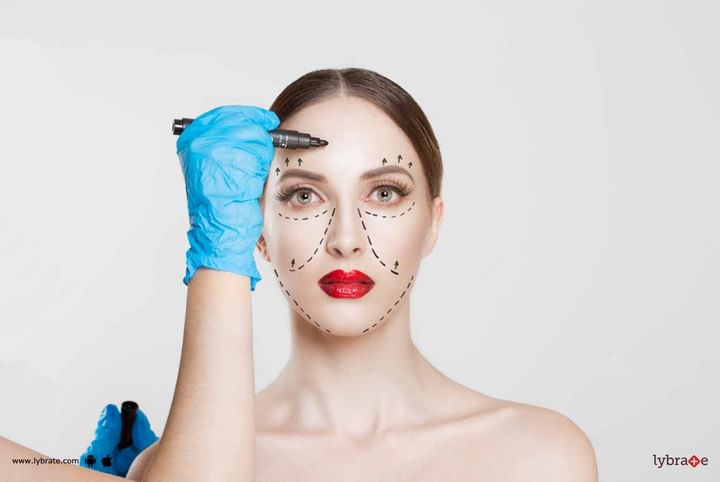Craniofacial Surgery - Know The Causes & Risks Of It!
Craniofacial surgery is required when there are deformities or abnormalities present in the head or face area of the patient. Depending on the type of deformity, a craniofacial surgery is done to repair or reconstruct it.
The areas that come under a craniofacial surgeon's domain are the cranium (skull), the brain, the face, skin on the face, facial bones, and the nerves. For this reason, in order to conduct craniofacial surgery, a neurosurgeon and a cosmetic surgeon may often work together.
The time taken for completing a craniofacial surgery may vary between four hours and twelve hours.
Why do you need a craniofacial surgery?
There may be multiple reasons why a patient would require craniofacial surgery. These are:
- Tumors in the head or face region are one of the most common causes behind this type of surgery. The surgeries conducted to remove these tumors may sometimes lead to the formation of deformities in the region. Craniofacial surgery is conducted in order to correct them.
- This kind of surgery can also be used to correct abnormalities formed as a result of injuries or wounds on the face, the jaw or the head.
- Some patients may also undergo a craniofacial surgery in order to correct defects that they were born with. Such defects include Apert Syndrome (a syndrome characterized by the premature fusion of certain bones in the skull), cleft palate or cleft lip and craniosynotosis (premature fusion of certain bones in the skull).
Risks related to Craniofacial Surgery:
Certain risks are associated with this type of surgery. These are:
- Craniofacial surgery is conducted after putting the patient under general anesthesia. As a result of this, the patient may suffer from breathing problems, blood clots, infections and blood loss. He or she may also react to the medicine in an unwanted way.
- As a result of the surgery, the patient may also lose their bone grafts partly or wholly. He or she may go through cranial nerve dysfunction or damage in the brain. The formation of permanent scars is another possible risk of craniofacial surgery. Some patients, especially children who are of growing age, may need a follow-up surgery later on.
- Certain patients can face more risks as compared to other patients. These include patients who are malnourished, or suffer from other illnesses like lupus. Those that have suffered nerve damage in the past are likelier to develop complications. Smoking is also another risk factor.



+1.svg)
